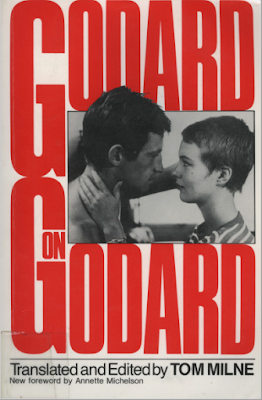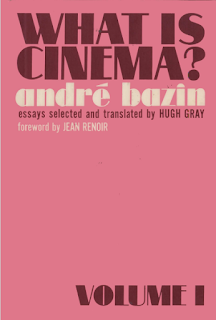"The Films in My Life", François Truffaut

François Truffaut (1931-1984) was the passionate film critic whose love for cinema was so strong that it could only lead him to eventually exchange the pen for the camera. A protégée of the influential film theorist André Bazin (1918-1958), in his writings for Cahiers du Cinéma he changed forever the way of seeing films, namely in his review of Jacques Becker's Ali Baba et les Quarante Vouleurs ( Ali Baba and the Forty Thieves , 1954) where he presented the known la politique des auteurs (translated later by Andrew Sarris as “the auteur theory”). In it, Truffaut invoked the Giraudoux’s aphorism “there are no works, only auteurs” and applied that statement into cinematic terms, that is, a failed film from a great director will always be better than a successful one by a mediocre director (“the worst Hawks is more interesting than Huston’s best”, as he once stated), due to a personal vision of the world that is consistent along the auteur ’s oeuvre , mainly expressed through...



